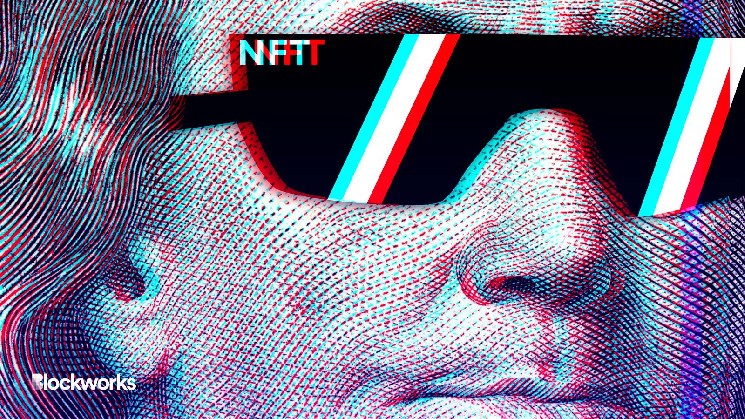NFT Creators Looking for Royalties Face an Uphill Battle: Galaxy

Thanks to widespread, emerging marketplace policies, NFT creators looking to cash in on royalties have been having a difficult go of it.
Until yet another set of standards for corresponding smart contracts that execute NFT transactions are put into place, that’s not likely to change, according to a new research note from Galaxy Digital.
Earlier this month, OpenSea changed up its royalty policy again. Before that, the platform required all projects released after Nov. 8 to use an open-source smart contract that prohibits digital collectible exchanges between OpenSea and rival NFT market makers that don’t collect any royalties. Any transactions involving corresponding smart contract addresses were set to be blacklisted.
“OpenSea is effectively enforcing royalties on their marketplace at the smart-contract level by enclosing their ecosystem exclusively to royalty supporting entities,” Galaxy analysts wrote in the Friday report.
Read more: How NFT Royalties Work – and Sometimes Don’t
In an effort to quell public backlash, OpenSea first changed its policy. Now, starting in the new year, “projects on OpenSea will have the option to opt out of using the royalty enforcing smart-contract and be able to set royalties that are optional for collectors to comply with,” according to Galaxy.
Magic Eden — which previously followed a royalty-optional model — now employs an open-source royalty enforcement tool on top of Solana’s SPL token standard, known as Open Creator Protocol (OCP). The protocol is supposed to additionally enforce royalty payouts by blocking transactions with smart contracts associated with 0% royalty platforms.
Zero royalty payments in the NFT space have increased in popularity, as well as usage, this year, with at least three such marketplaces hitting the market for the first time, including X2Y2, Yawww and SudoSwap.
NFT creators raked in more than $1.8 billion on the practice from its inception through October, Galaxy found in a separate report at the time. It’s a big number, but the setup has led to quite concentrated results, according to Galaxy: Just 428 collections had then accounted for an overwhelming 80% of all royalties.
“But the royalty question is contentious and the constantly shifting marketplace policies make forecasting here unpredictable,” Galaxy said.
If creators want to keep royalties going, it’s going to require a broader industry effort, according to Galaxy.
“The issue will not resolve until the NFT community develops a new standard to enforce royalties at the smart-contract level that is not reliant on blacklisting contract addresses,” the report added.







 Bitcoin
Bitcoin  Ethereum
Ethereum  Tether
Tether  Dogecoin
Dogecoin  USDC
USDC  Cardano
Cardano  TRON
TRON  Chainlink
Chainlink  Stellar
Stellar  Hedera
Hedera  Bitcoin Cash
Bitcoin Cash  LEO Token
LEO Token  Litecoin
Litecoin  Cronos
Cronos  Ethereum Classic
Ethereum Classic  Monero
Monero  Dai
Dai  Algorand
Algorand  Stacks
Stacks  Cosmos Hub
Cosmos Hub  OKB
OKB  Theta Network
Theta Network  Gate
Gate  Maker
Maker  KuCoin
KuCoin  Tezos
Tezos  IOTA
IOTA  NEO
NEO  Polygon
Polygon  Zcash
Zcash  Synthetix Network
Synthetix Network  Tether Gold
Tether Gold  TrueUSD
TrueUSD  Dash
Dash  Holo
Holo  Enjin Coin
Enjin Coin  Zilliqa
Zilliqa  0x Protocol
0x Protocol  Basic Attention
Basic Attention  Qtum
Qtum  Siacoin
Siacoin  Ravencoin
Ravencoin  Bitcoin Gold
Bitcoin Gold  Decred
Decred  NEM
NEM  DigiByte
DigiByte  Ontology
Ontology  Huobi
Huobi  Nano
Nano  Status
Status  Waves
Waves  Lisk
Lisk  Numeraire
Numeraire  Hive
Hive  Steem
Steem  Pax Dollar
Pax Dollar  BUSD
BUSD  OMG Network
OMG Network  Ren
Ren  Bitcoin Diamond
Bitcoin Diamond  Bytom
Bytom